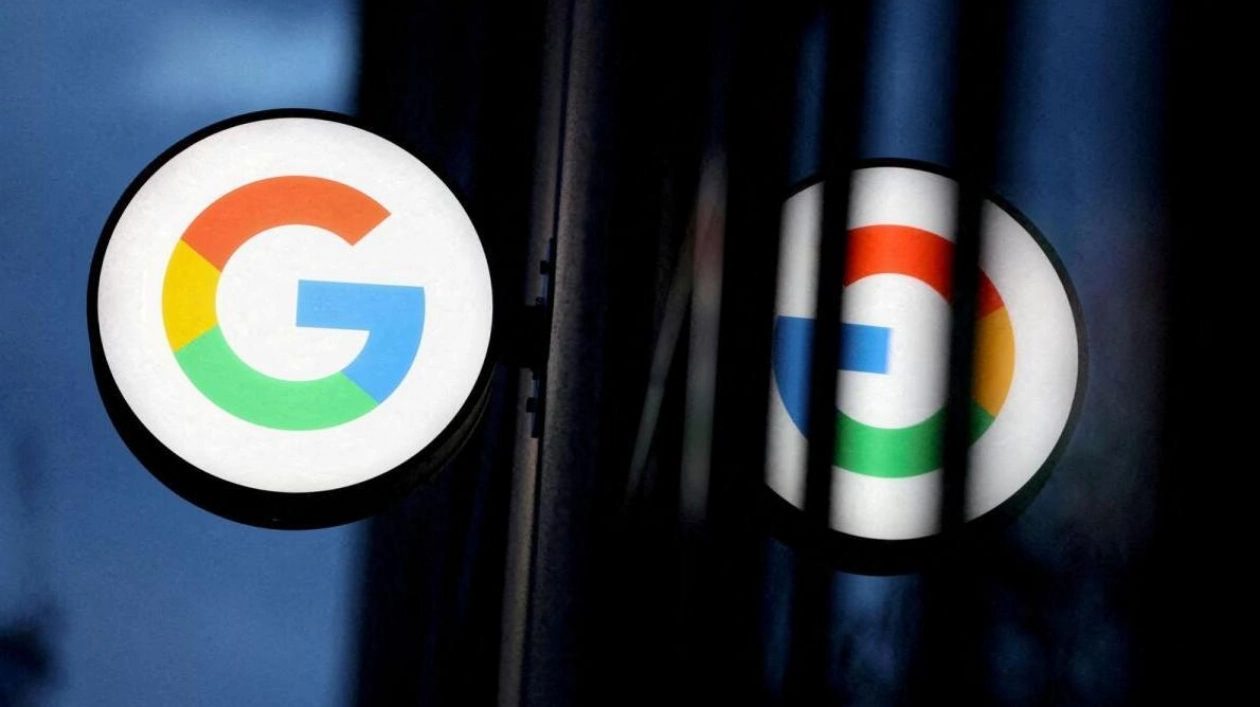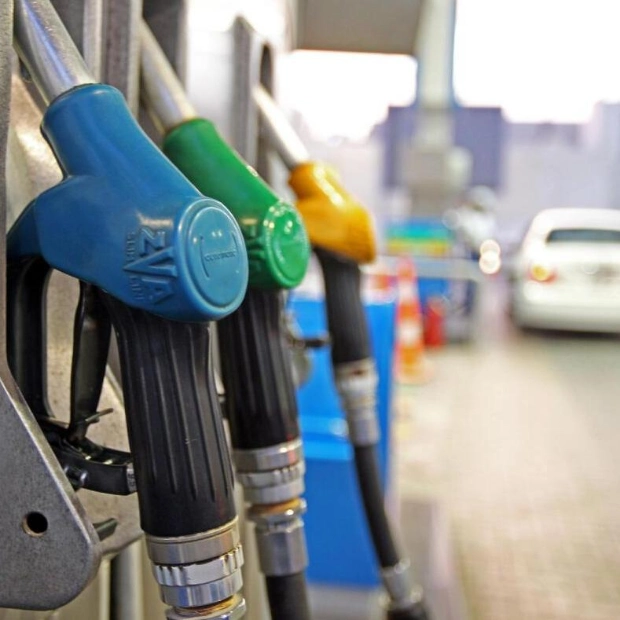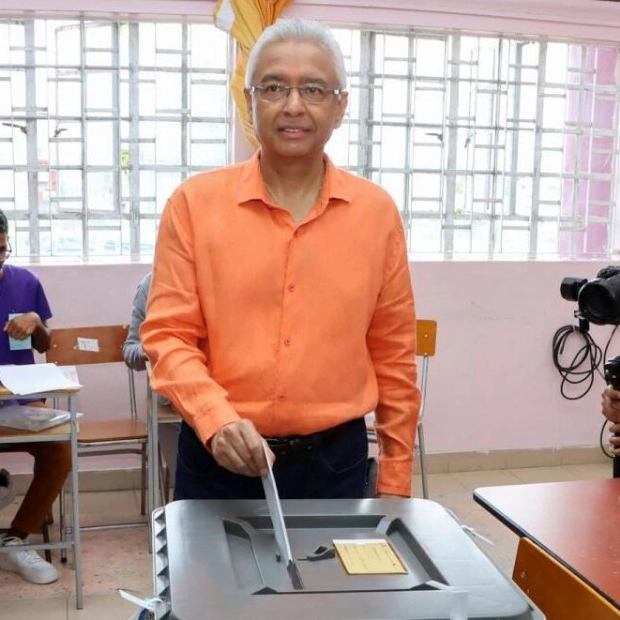Google's decision to deny an e-mobility app created by Enel access to its Android Auto platform could violate competition regulations, according to an adviser to Europe's highest court, who sided with Italy's antitrust authority. The Italian antitrust regulator imposed a 102 million euro ($113.2 million) fine on Google, an Alphabet subsidiary, in 2021 for preventing Enel's JuicePass from being compatible with Android Auto, a software that enables drivers to use maps on their car dashboards and send messages while driving.
"Google's refusal to grant third-party access to the Android Auto platform may contravene competition rules," stated Court Advocate General Laila Medina. Medina emphasized that a company abuses its dominant market position if its actions exclude, hinder, or delay access by an app developed by a third-party operator to the platform, provided that such actions can have anti-competitive effects detrimental to consumers and are not objectively justified. Google, which had previously cited security concerns and the lack of a specific template as reasons for not making JuicePass compatible with Android Auto, appealed to the Italian Council of State but has since taken steps to address the issue.
"We acknowledge the Advocate General's opinion and await the final ruling from the Court. Since the inception of this case, we have worked to incorporate the template Enel requested, and numerous similar apps are now globally available on Android Auto," stated a Google spokesperson. CJEU judges, who are expected to deliver their verdict in the coming months, typically follow the majority of such non-binding opinions. The case is identified as C-233/23 Alphabet and Others.






